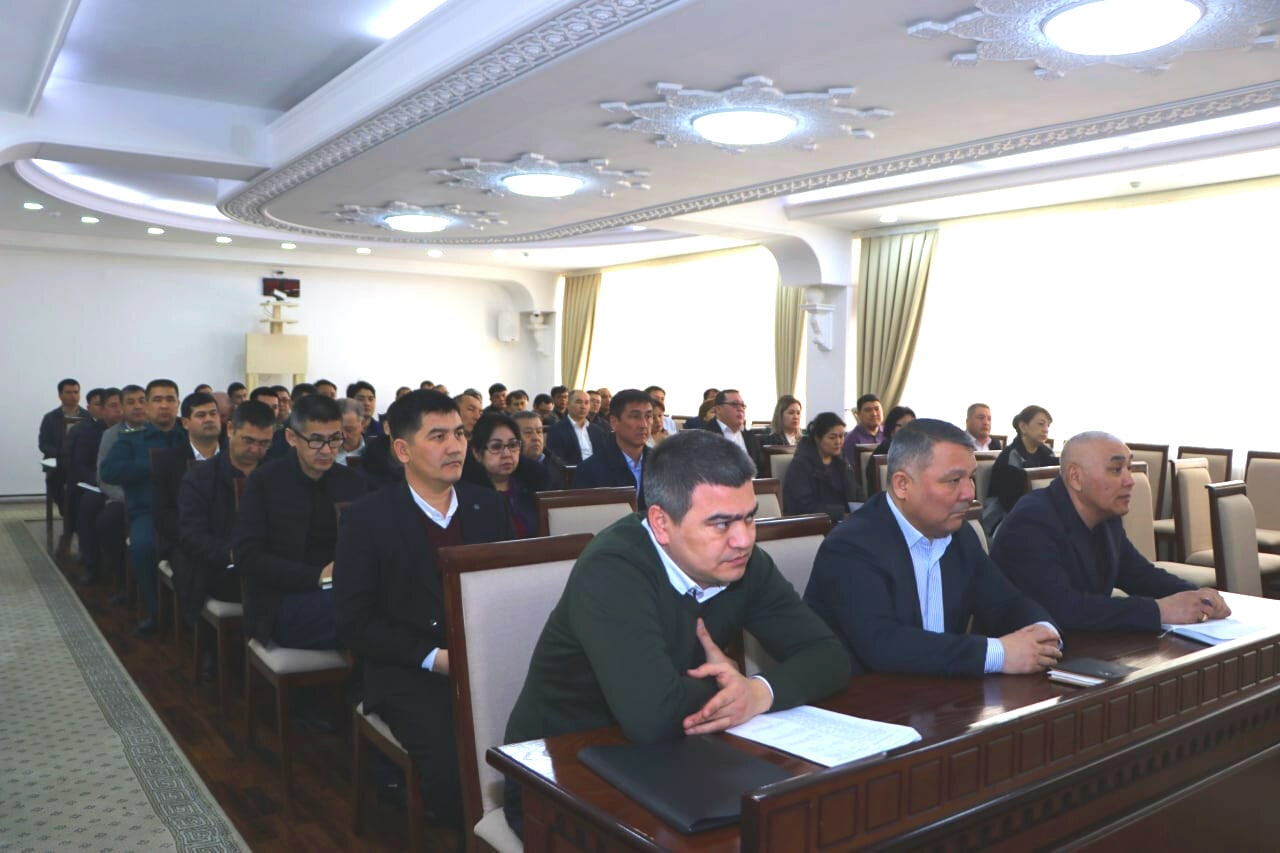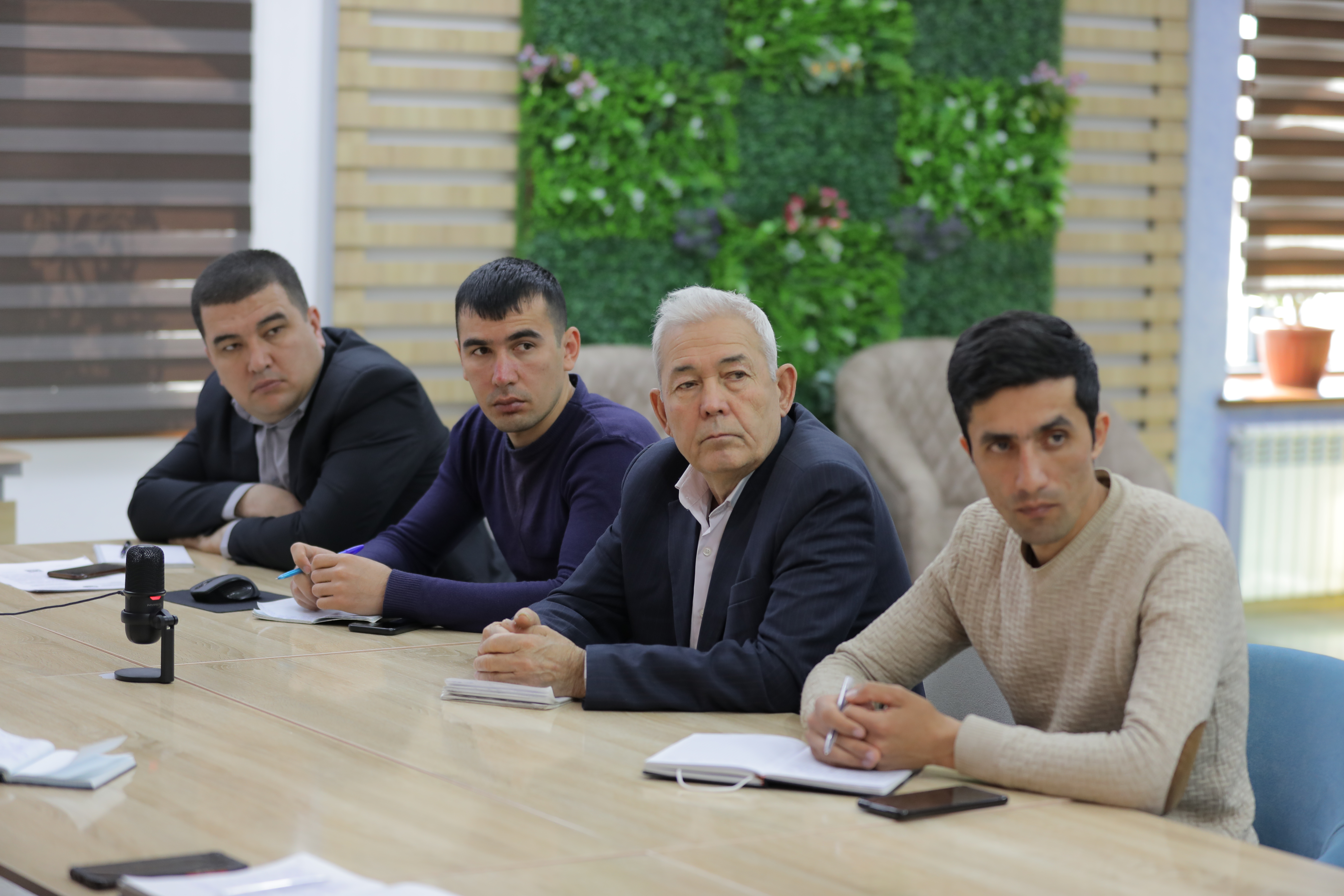The Anti-Corruption Agency continues to organize training seminars on the theme ‘Ensuring the openness of the activities of government agencies and organizations’ in the regions of the country. This time, the Agency specialists held a series of seminars in the Council of Ministers of the Republic of Karakalpakstan and Khorezm Region.
Members of the Permanent Commission on Information Policy and Ensuring the Openness of the Activities of Local Authorities, as well as experts responsible for ensuring the openness of the activities of government agencies and organizations attended the seminars.

The main purpose of the seminars is the timely provision of socially significant information that should be posted as open information, the list of which is approved by Decree of the President of the Republic of Uzbekistan No. DP-6247 ‘On additional measures to ensure the openness of the activities of government agencies and organizations, as well as the effective implementation of public control.’
In this regard, the seminars made a detailed analysis of the shortcomings in the placement of socially significant information on the official websites of government agencies and organizations in the context of these regions.
In particular, based on the results of remote monitoring conducted by the Agency in the Republic of Karakalpakstan, 12 out of 17 district and city administrations have created their official websites on the Internet. The open information prescribed for posting is only partially published on the websites of only two district administrations.

Eleven out of 13 district and city administrations in Khorezm Region have official websites, but none of them contains socially significant information. The websites of two district and city administrations do not work at all.
The region is not fully provided with live broadcasts of sessions of local councils on TV channels, as well as on the Internet. In particular, from December 1, 2021 to January 10, 2022, the Khorezm Regional, District and City Councils of People’s Representatives held a total of 36 sessions, of which 26 or 76 percent were not broadcast live, or the broadcasts were incomplete.
Such shortcomings were discussed in detail at the seminars, and the Agency specialists explained to the participants how to comply with the legislation on openness, timely, complete and high-quality placement of information on designated resources.
In particular, detailed information was provided on the types of open information, resources for posting, the procedure for posting information and updating.







